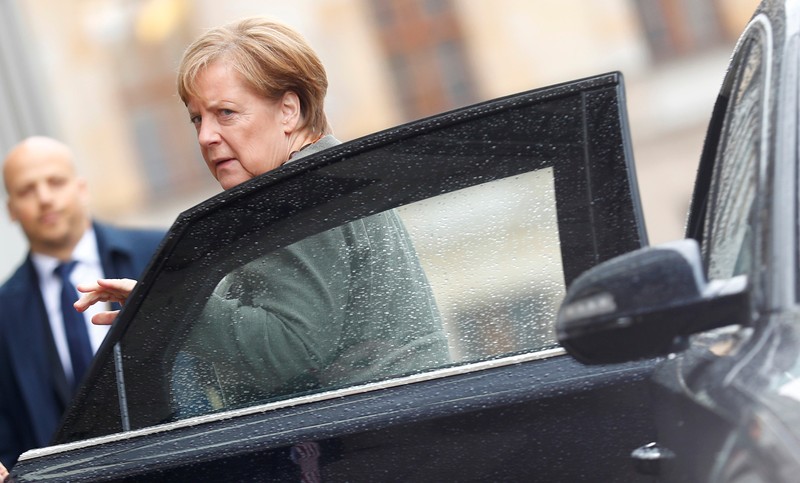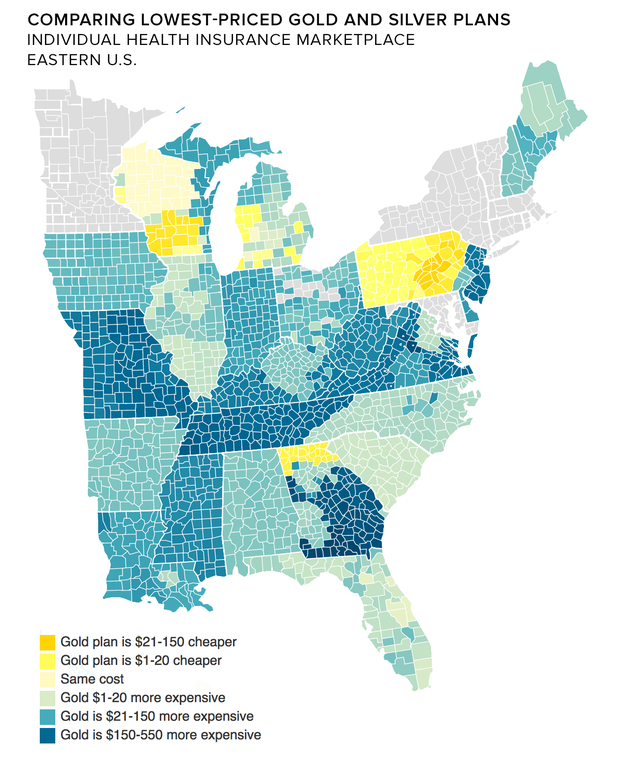
Angela Merkel, leader of the Christian Democratic Union (CDU), arrives at the German Parliamentary Society offices before the start of exploratory talks about forming a new coalition government in Berlin, Germany November 2, 2017. REUTERS/Hannibal Hanschke
November 3, 2017
By Hans-Edzard Busemann and Paul Carrel
BERLIN (Reuters) – German Chancellor Angela Merkel expressed confidence on Friday that her conservatives can reach a coalition deal with the Greens and pro-business Free Democrats (FDP), but her would-be partners say the talks could still fail.
After bleeding support to the far right in last month’s election, and with her former coalition partners, the Social Democrats (SPD), determined to go into opposition, Merkel must bring together three disparate blocs to secure a majority. Party leaders are slated to meet on Monday evening before the larger negotiating teams launch into more detailed talks.
“Difficult deliberations lie ahead of us in the coming days,” Merkel told reporters on arrival for a fresh round of exploratory talks. “But I still think we can tie the ends together if we try and work hard.”
Failure to forge a coalition would likely result in a new election that could see more gains for the far-right Alternative for Germany (AfD), which surged into parliament last month.
SPD leader Martin Schulz ruled out any prospect of resuming the outgoing “grand coalition” if Merkel failed to reach agreement with the Greens and FDP.
“If Mrs. Merkel can’t put a government together, there must be new elections,” he said in an interview to be published Saturday by the RND newspaper chain.
Marco Buschmann, head of the FDP parliamentary group and a member of the party’s negotiating team, told Saturday editions of Die Welt newspaper that his party was ready to move into opposition if the coalition talks failed.
A new election could strengthen the far-right Alternative for Germany that entered parliament with 13 percent of the vote, but voters might not turn to the AfD as a “protest vote” if the differences among the other parties were more clear, he added.
The would-be allies agreed during Friday’s talks on the need to relieve the financial burden on families, increase child care options and combat child poverty, negotiators said.
They also agreed to support Germany’s role in NATO and other multilateral organizations, to strengthen cooperation with France and to maintain “good relations” with Russia.
DIVISIONS
But they remain at odds about immigration caps, whether to end coal production, how to combat climate change and increasing defense spending, among other issues. And the divisive issue of transport was not discussed at all on Friday.
Negotiators agreed to “be nicer to each other”, FDP deputy leader Wolfgang Kubicki told reporters, adding: “I’m willing to try, but everyone has to play along.”
The parties will now spend the weekend distilling their priorities before Merkel meets the other party leaders on Monday.
“We have all the many ingredients on the table. Now we have to combine them all into a tasty dough,” said Michael Kellner, a top Greens negotiator.
Fellow Greens negotiator Juergen Trittin struck a less conciliatory tone, telling ARD television that, after 10 days of debate on 12 topics, the parties still “haven’t even managed to agree on what we disagree about”.
FDP leader Christian Lindner and Buschmann put the odds of a coalition being formed at 50-50. Greens foreign policy expert Omid Nouripour said the talks might fail altogether.
Merkel has said she expects a stable government before Christmas, but senior conservatives close to her say it may take until next year for a new government to be formed.
Horst Seehofer, embattled head of the CSU, sister party to Merkel’s CDU, said he was encouraged by “very constructive, trustworthy discussions” among party leaders in recent days.
He urged negotiators to stop airing their conflicts in public. “We can hit the reset button and hope that things change in the next few days,” he said.
Seehofer came under fire from his party’s youth wing for cancelling a speech to the group, which has called for a more “youthful image” ahead of Bavarian regional elections next year.
Hans Reichhart, head of the CSU youth group, suggested the move could exacerbate debate about Seehofer’s future after sharp losses in the Sept. 24 election.
Seehofer had urged party members to put off debating the leadership until later this month, arguing that it could weaken his negotiating position in the coalition talks.
(Additional reporting by Gernot Heller, Andrea Shalal and Andreas Rinke; Editing by Kevin Liffey and Andrew Hay)

